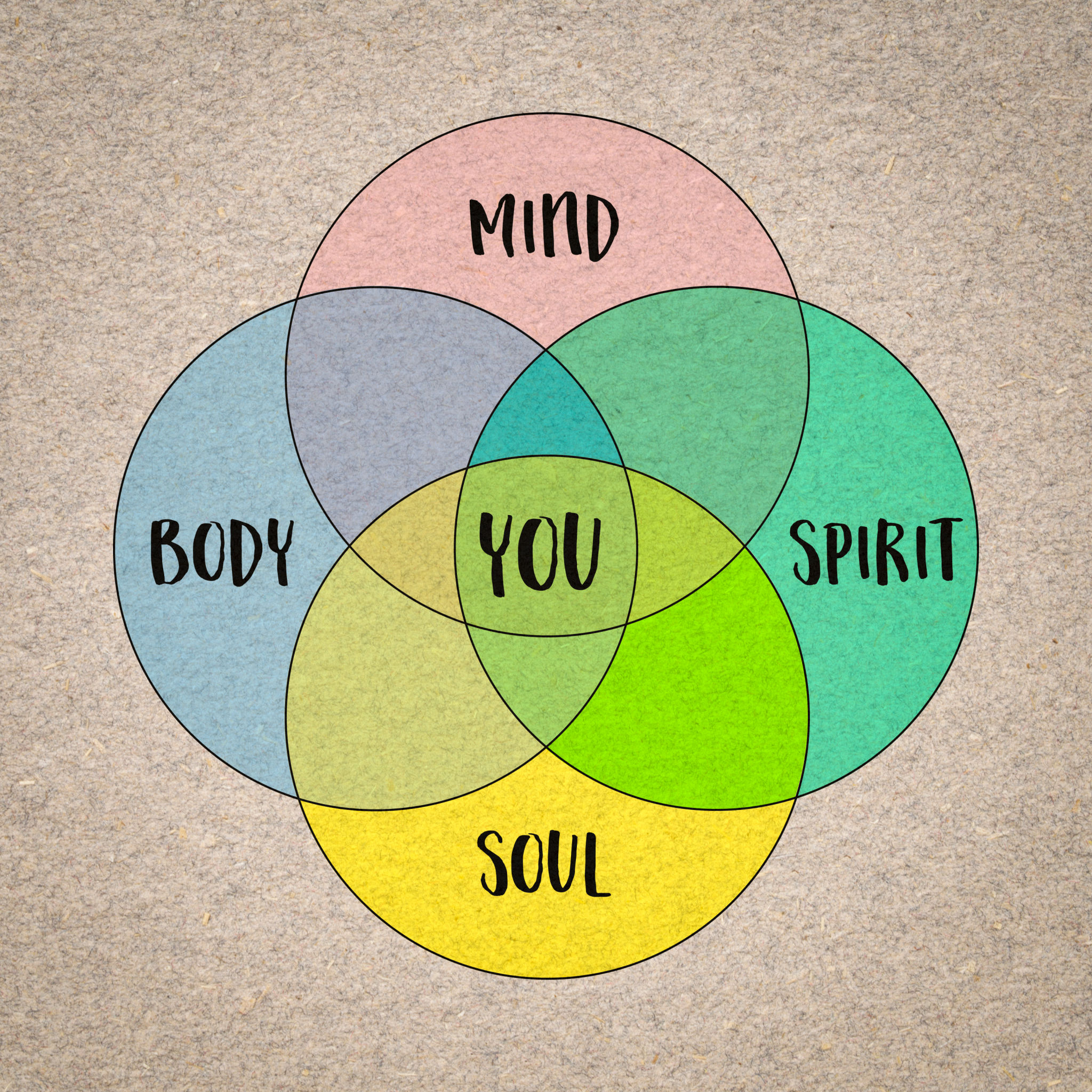Myth-Busting Quantum Healing: What Science Says
Understanding Quantum Healing
Quantum healing is a term that has gained popularity in alternative medicine, often described as a technique that uses the principles of quantum physics to promote healing. Advocates claim it can address a wide range of health issues, from physical ailments to emotional disturbances. But what exactly is quantum healing, and does science back these claims?
The concept is rooted in the idea that our thoughts and consciousness can influence our physical health. Proponents suggest that by tapping into the quantum field, one can enhance the body's natural healing processes. This approach often involves practices such as meditation, visualization, and energy healing.

The Science Behind Quantum Physics
To understand quantum healing, it's essential to start with quantum physics, a branch of science that explores the behavior of matter and energy at the atomic and subatomic levels. Quantum physics has revolutionized our understanding of the universe, revealing that particles can exist in multiple states simultaneously and that they are interconnected in complex ways.
These principles have been intriguing to those in the field of alternative medicine, leading to the development of techniques like quantum healing. However, it's important to distinguish between scientifically proven phenomena and speculative applications. While quantum physics is a well-established scientific field, its application in healing remains controversial.
What Science Says About Quantum Healing
Despite its popularity, there is limited scientific evidence supporting the effectiveness of quantum healing. Most studies have not been able to demonstrate significant benefits beyond those achieved through placebo effects. Critics argue that quantum healing lacks a scientific basis and often relies on anecdotal evidence rather than rigorous research.

Some researchers suggest that any positive outcomes from quantum healing practices may be attributed to relaxation and stress reduction, common benefits of meditation and mindfulness rather than any quantum phenomena. These practices can be beneficial for overall well-being but should not be mistaken for a cure-all approach.
The Role of Placebo Effect
The placebo effect plays a significant role in many alternative therapies, including quantum healing. It highlights how a person's belief in a treatment can lead to perceived or actual improvements in their condition. This psychological phenomenon underscores the power of the mind-body connection but also emphasizes the need for evidence-based practices.

While the placebo effect can offer temporary relief or improvement, it is not a substitute for medical treatment. Patients should approach quantum healing with an understanding of its limitations and consider it as a complementary practice rather than a primary form of therapy.
Conclusion: A Cautious Approach
In summary, while quantum healing presents an intriguing blend of ancient practices and modern science, it lacks substantial empirical support. Those interested in exploring these techniques should do so with caution and remain grounded in scientifically validated healthcare approaches.
Engaging in meditation, visualization, and energy work can contribute to overall wellness and stress management. However, individuals should always consult healthcare professionals for medical conditions and use alternative therapies as complementary practices rather than replacements.
